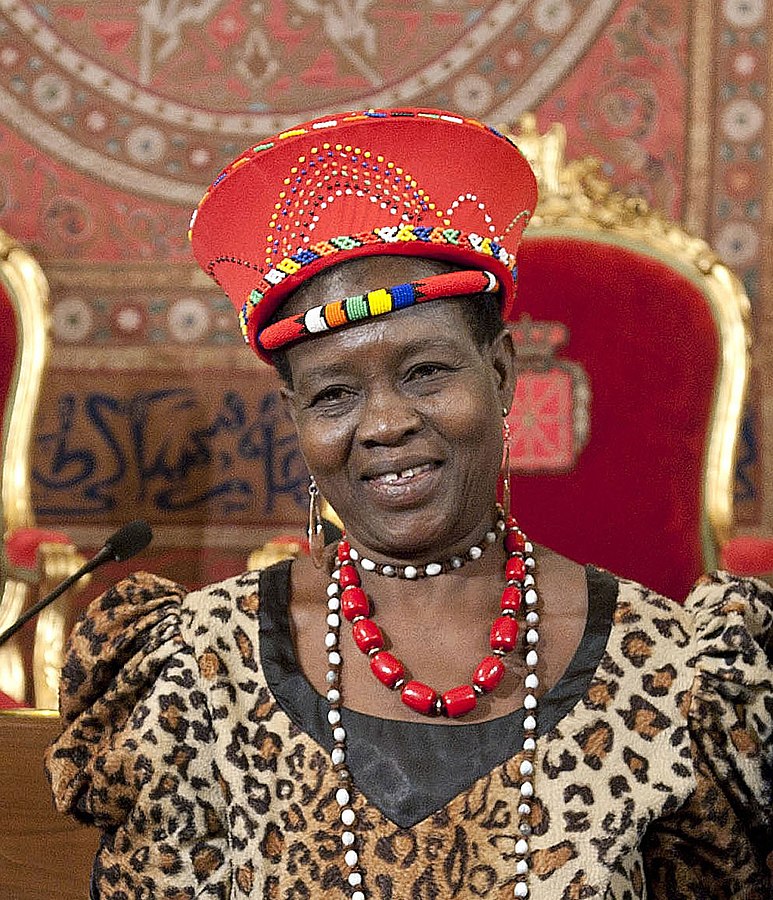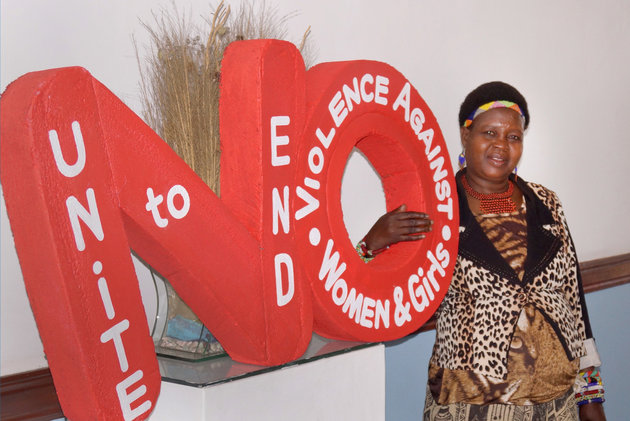By Michelle Nelson von Euw

Theresa Kachindamoto is the paramount chief, or Inkosi, of the Dezda District in the central region of Malawi, the 6th poorest country in the world. In this position, she has authority over 900,000 people and works as one of 300 tribal leaders of the country. Kachindamoto came to power after a 27-year career as a secretary in another southern district where she had to face what she believes to be one of the most pressing issues of her time – child marriage. A survey conducted by the United Nations in 2012 found that more than 50% of girls in Malawi were married before the age of 18 and ranked Malawi as having one of the highest child marriage rates in the world.
Appalled by the statistics, and shocked by the existence of 12-year-old wives and mothers, Kachindamoto decided that she must do everything in her power to end the marginalizing practice of child marriage. Although Malawi passed a law in 2015 that prohibits marriage before the age of 18, it proved to be generally ineffective as the traditional practices allow children to marry at any age with parental consent, and many poor families play an active role in encouraging child marriage as a means to ensure that young girls are provided for. Although Malawi is a country with a functioning democratic government, traditional practices still heavily influence the rule of law.
Child marriage was only part of the problem as many regions in Malawi still support the use of sexual initiation camps, or kukasa fumbi. Girls from rural towns were sent to these “cleansing camps” upon having their first period to learn how to pleasure men and fulfill their “duties” as women. Many only graduated by having sex with their teachers to show that they were prepared to take on the role of wife. This customary practice unfortunately contributed to an increase in HIV and unwanted pregnancies throughout the region; Malawi has an HIV infection rate of 10%.

Alongside 50 other sub chiefs, Theresa Kachindamoto drafted and signed an agreement to end child marriage and sexual initiation camps.. As expected, this attempt to end long-standing cultural practices was not welcomed . Vigorous backlash throughout the regions ensued, but Kachindamoto stood firm. Her commitment to protecting the lives and futures of the innocent never wavered. Kachindamoto immediately fired the four male sub chiefs who opposed the end of the camps and child marriage. Eventually, however, these four sub chiefs enforced the new laws in their districts and were welcomed back after Kachindamoto was able to verify their commitment to ending these practices.
In her time as senior chief in the Dezda District, Malawi’s government has increased the legal age of marriage consent from 15 to 18 years old. To date, Theresa Kachindamoto has annulled more than 1000 child marriages.
References:
Margaritoff, Marco. “How One Female Chief Saved 850 Kids From Forced Child Marriage.” All That’s Interesting, All That’s Interesting, 8 Mar. 2019, allthatsinteresting.com/theresa-kachindamoto.
McNeish, Hannah. “Malawi’s Fearsome Chief, Terminator of Child Marriages.” Malawi | Al Jazeera, Al Jazeera, 16 May 2016, www.aljazeera.com/indepth/features/2016/03/malawi-fearsome-chief-terminator-child-marriages-160316081809603.html.
Soldati, Camilla. “Theresa Kachindamoto, the Woman Who Saves Girls from Child Marriage in Malawi.” LifeGate, 1 Feb. 2019, www.lifegate.com/people/news/theresa-kachindamoto-child-marriage-malawi.


